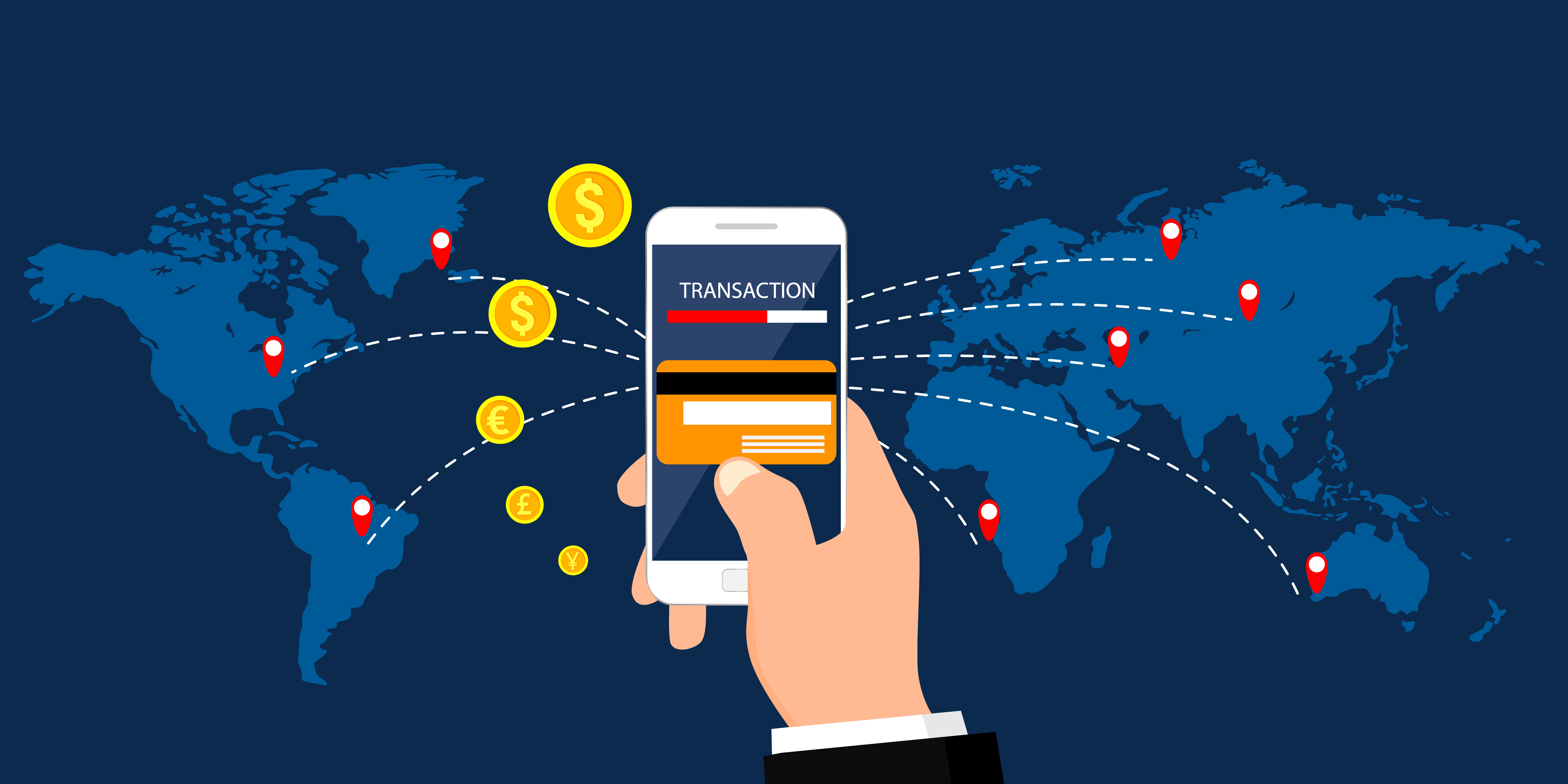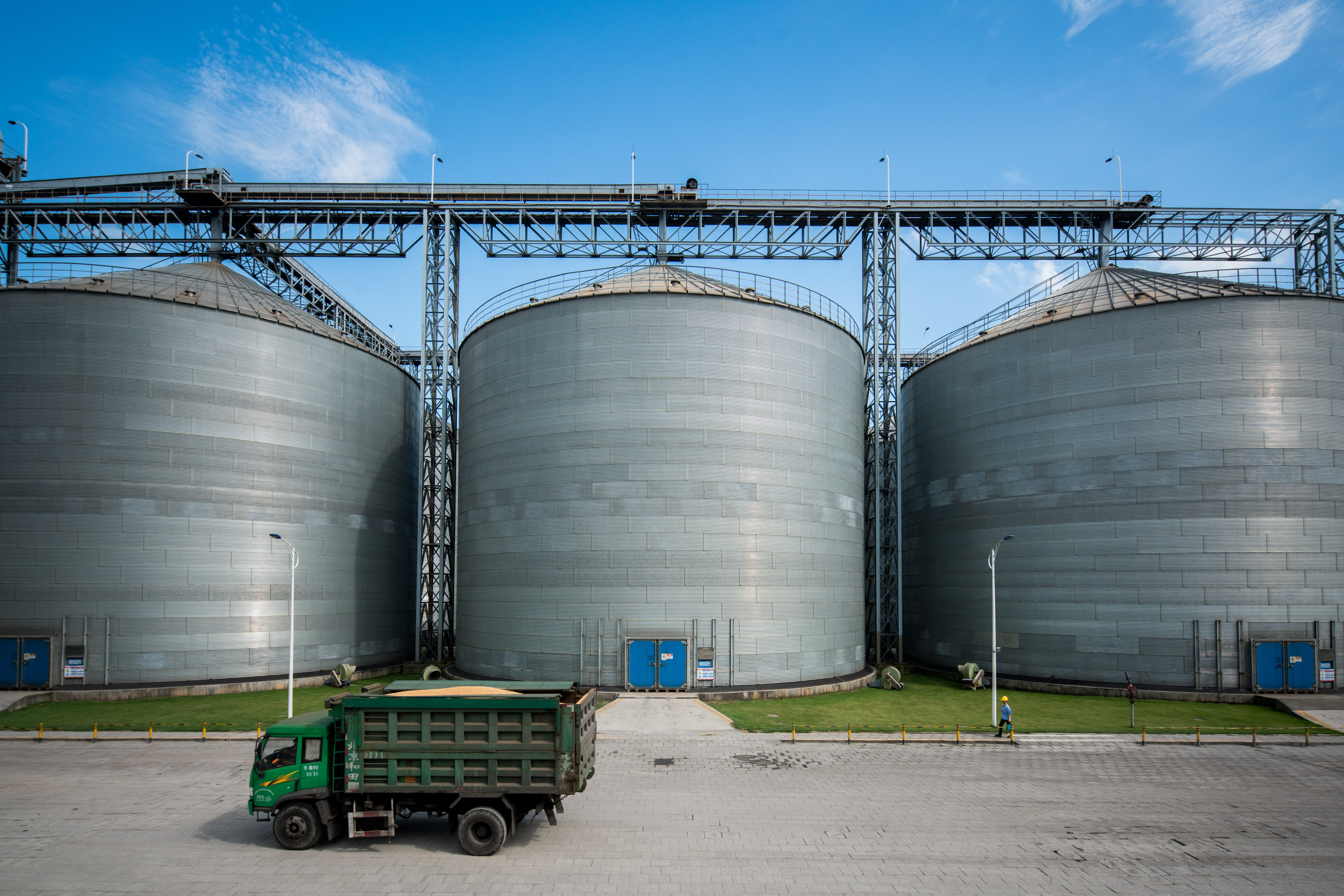
Technological advances, changing consumer diets, higher sustainability demands and a continuous internal pursuit for greater operating efficiencies saw global agribusiness Louis Dreyfus Company (LDC) push boundaries and break new ground in the innovation space recently.
In January, LDC completed the first-ever full agricultural commodity transaction with a block-chain platform, involving a soybean shipment from the US to China. This achievement comes on the heels of a new dedicated Food Innovation initiative launched last year to delve deeper into the current food revolution and find potential projects for investment.
We speak to Mr Raghav Maru and Mr Shashank Sukumaran, members of LDC’s Food Innovation Project Team about the company’s perspectives and strategy when it comes to innovating for the future.

Q: Firstly, congratulations on your success with the world’s first agricultural block-chain trade – that is quite a milestone! What have you learnt from the experience and what does it mean for LDC in terms of innovation going forward?
Thank you! It’s the result of the vision and great efforts of our execution teams around the world and we are definitely pleased to start 2018 on such a positive, ground-breaking note.
Despite block-chain being a new topic for us, the technology did not represent a challenge. The development of the platform took less than six months, from kick-off to go-live, and we were also positively surprised by the interest from the various parties in the transaction which made the on-boarding easier.
Collectively, what we have demonstrated through this transaction is the immense potential of block-chain technology for commodity trading and financing with its major efficiency improvements, notably the reduced risk of fraud, shortening of cash cycle and ability for data verification with the entire transaction being 5 times faster than the traditional process.
This adoption will not happen overnight though. The technology itself is evolving incredibly quickly, but there is still a long way to go before being able to scale it up across the value chain. Partnership is an essential prerequisite for this new digital technology to realize its full potential, and eventually transform the commodities sector. We now need to collaborate closely with the banks and other major agricultural commodities merchants, and define the best way to adopt this technology in our context. Overall, this has been a highly valuable learning experience and given us the added confidence to explore innovation in other areas, most significantly in the food space.
Q: Speaking of which, LDC recently launched a new Food Innovation initiative. Can you tell us more about that and how your participation in the FFAA fits into the team strategy?
The Food Innovation Project Team is one of LDC’s latest initiatives in response to an ongoing food revolution that we see is being driven by a number of factors such as a stronger focus on “responsible consumption” by the millennial generation, and changing dietary preferences. As a trusted agricultural merchant for over 165 years, we believe that there is a real opportunity for LDC to help our customers meet their demand needs and get ahead with future food trends, with a strong focus on sustainability.
With its tremendous population growth, urbanization and rising incomes, Asia is a main driver of global consumer trends and a hotbed for aspiring food start-ups. Therefore, our participation in the FFAA will enable us to tap into the latest regional developments, build industry connections and give us the opportunity to work with promising start-ups.

Q: Talking about start-ups, what kind of projects is LDC particularly interested in investing in? With your block-chain experience, are you leaning more towards start-ups offering block-chain based solutions, or more proven companies and business models?
Our interests lie mainly in three areas – exploring innovative or alternative forms of proteins in food and feed applications, applying pioneering technology to food production and processing, and last but not least, improving food safety and traceability along the supply chain.
We are open-minded and keen to work with start-ups that are interested to offer solutions in these areas, with an inclination towards those which are able to show a proof-of-concept and are looking for scale-up partners.
Q: All FFAA start-ups aim to have a positive social and environmental impact, however all recognize it is difficult to tell how much it will be at scale. What kind of importance does social and environmental impact hold for LDC, as compared to the financial bottom line?
Safety and sustainability are two key principles by which LDC conducts our operations around the world, and these values extend to our Food Innovation efforts as well. We would say that LDC embraces the “triple bottom-line” approach when it comes to selecting the start-ups to work with. In addition to being economically viable, it is equally important to us that the solutions we are looking to scale up and implement would make a positive social and environmental difference. In whatever partnerships we embark on, we are committed to work together to make this happen, and welcome like-minded start-ups to approach us with their ideas.
